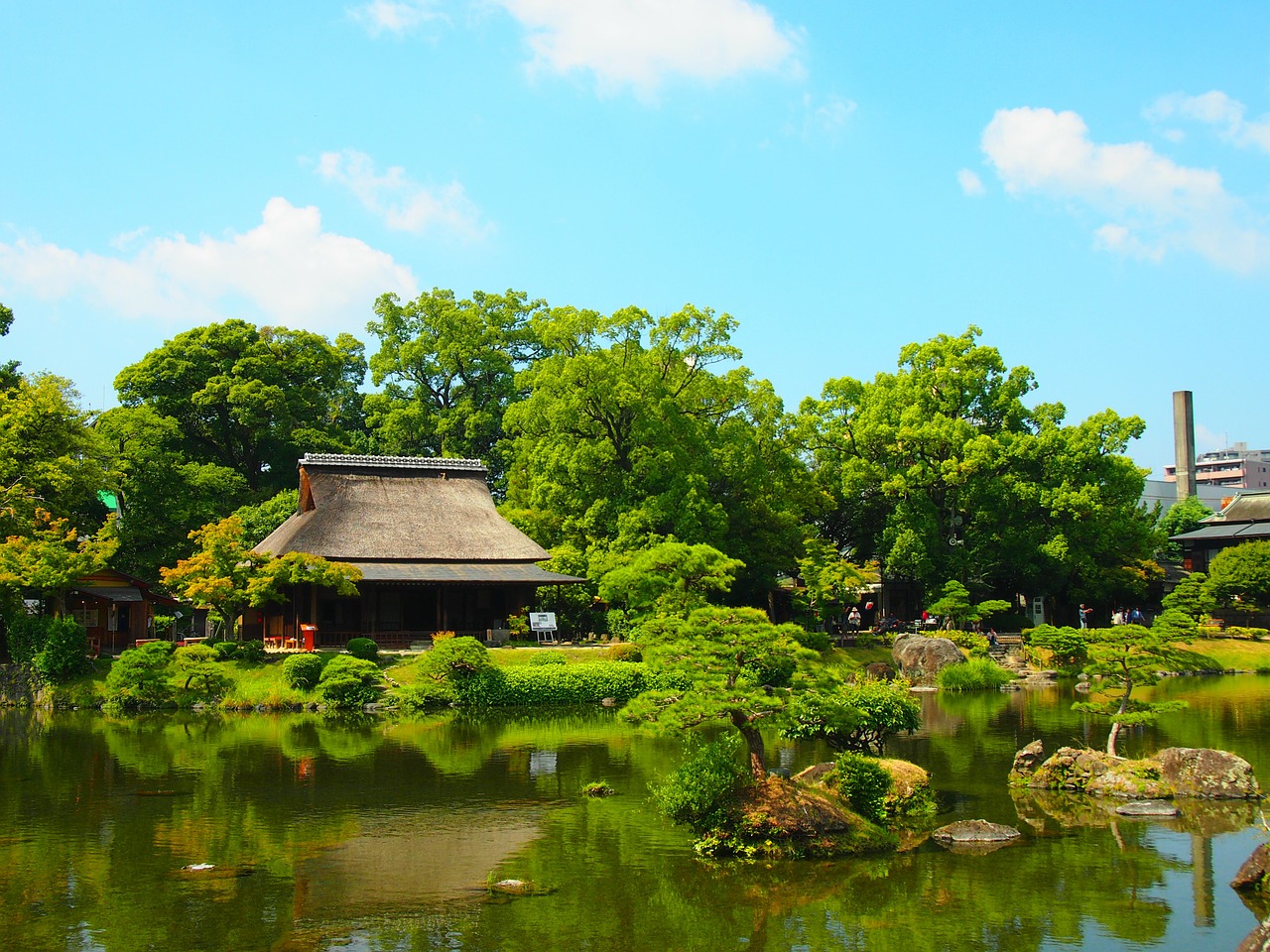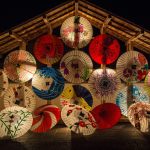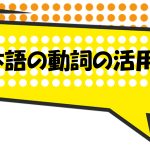
目次
Four words that can be used like the English word "or"
In Japanese there are four words that can be used to list alternatives, like the English word "or." They are "ka/か", "matawa/または", "aruiwa/あるいは" and "moshikuwa/もしくは."
ka/か is the most popular word to say "or" in Japanese. It is commonly used in daily conversations.
All the rest of the words sound formal and are often used in formal writing.
How to use "ka/か" in a sentence
ka/か acting like the English "or"
ka/か is usually used with a noun, noun phrase, adverbial phrase or adverbial clause to list alternatives.
Let's look at some examples:
<Example 1>
Tookyoo ka kyooto ni iki-tai.
とうきょう か きょうと に いきたい。
東京 か 京都 に 行きたい。
[Tokyo or Kyoto ni/に go-want]
I want to go to Tokyo or Kyoto.
Here, ka/か is used to list choices of Tokyo and Kyoto.
<Example 2>
Niku ka sakana ga tabe-tai.
にく か さかな が たべたい。
肉 か 魚 が 食べたい。
[meat or fish ga/が eat-want]
I want to eat meat or fish.
The food I want to eat is "niku" or "fish" because there is the ka/か between "niku" and "fish."
<Example 3>
Futsuka no gogo Roku-ji ikoo ka mikka no gogo sanji-ikoo ga ii-desu.
ふつか の ごご ろくじ いこう か みっか の ごご さんじ いこう が いいです。
二日 の 午後 六時 以降 か 三日 の 午後 三時 以降 が 良いです。
[after 6pm on the 2nd or after 3pm on the 3rd ga/が fine]
It is fine after 6pm on the 2nd or after 3pm on the 3rd.
ka/か can be put between the two adverbial phrases like this.
ka/か acting like the English "whether"
ka/か is also used with clauses to make an noun clause like the English word "whether." When it is used with clauses, ka/か should be used after every alternative, including the last one.
<Example 4>
Tookyoo ni iku ka kyooto ni iku ka kime-rare-nai.
とうきょう に いく か きょうと に いく か きめられない。
東京 に 行く か 京都 に 行く か 決められない。
[Tokyo ni/に go whether Kyoto ni/に go whether decide-able-not]
I can't decide whether to go to Tokyo or go to Kyoto.
Here, both ka/か are acting like the English "whether" by making each noun clause "Tookyoo ni iku ka" and "Kyooto ni iku ka." And first ka/か is also acting like the English "or" which is used to list alternatives.
There is one another word "soretomo/それとも" which also has the same meaning as the English word "or" and it is sometimes used between the two noun clauses that are made by ka/か.
Let's look at an example:
<Example 4>
Tookyoo ni iku ka kyooto ni iku ka kime-rare-nai.
とうきょう に いく か きょうと に いく か きめられない。
東京 に 行く か 京都 に 行く か 決められない。
[Tokyo ni/に go whether Kyoto ni/に go whether decide-able-not]
I can't decide whether to go to Tokyo or go to Kyoto.
Tookyoo ni iku ka soretomo kyooto ni iku ka kime-rare-nai.
とうきょう に いく か それとも きょうと に いく か きめられない。
東京 に 行く か それとも 京都 に 行く か 決められない。
[Tokyo ni/に go whether or Kyoto ni/に go whether decide-able-not]
I can't decide whether to go to Tokyo or go to Kyoto.
In this case, both ka/か are only acting the role of making a noun clause and soretomo/それとも is acting the role of listing an alternative.
ka/か cannot be used for question sentences
The English word "or" can be used to introduce another possibility like "Is this genuine? or is it fake?" for question sentences, however, ka/か cannot be used for question sentences.
There is another ka/か which is a sentence-ending particle and is put the end of a sentence to turn a sentence into a question, and the reason why ka/か(which means "or") cannot be used for question sentences is to avoid the confusion of the two different ka/か.
For question sentences, soretomo/それとも is used instead of ka/か to introduce another possibility.
Let's look at some example:
<Example 5>
Kore wa honmono desu ka. Soretomo nisemono desu ka.
これ は ほんもの です か。それとも にせもの です か。
これ は 本物 です か。それとも 偽物 です か。
[this as-for genuine is ? or fake is ?]
Is this genuine? Or is it fake?
In this case, ka/か(which means "or") cannot be used. Use soretomo/それとも instead.
How to use "matawa/または", "aruiwa/あるいは", "moshikuwa/もしくは"
matawa/または, aruiwa/あるいは and moshikuwa/もしくは can be used to list alternatives, like the English word "or." All of them sound formal and are often used in formal writing.
What’s not simple is the fact that, much of the time, ka/か can be replaced by matawa/または, aruiwa/あるいは or moshikuwa/もしくは.
Let's look at some examples:
<Example 1>
Tookyoo ka kyooto ni iki-tai.
とうきょう か きょうと に いきたい。
東京 か 京都 に 行きたい。
Tookyoo matawa kyooto ni iki-tai.
とうきょう または きょうと に いきたい。
東京 または 京都 に 行きたい。
Tookyoo aruiwa kyooto ni iki-tai.
とうきょう あるいは きょうと に いきたい。
東京 あるいは 京都 に 行きたい。
Tookyoo moshikuwa kyooto ni iki-tai.
とうきょう もしくは きょうと に いきたい。
東京 もしくは 京都 に 行きたい。
[Tokyo or Kyoto ni/に go-want]
I want to go to Tokyo or Kyoto.
<Example 3>
Futsuka no gogo Roku-ji ikoo ka mikka no gogo sanji-ikoo ga ii-desu.
ふつか の ごご ろくじ いこう か みっか の ごご さんじ いこう が いいです。
二日 の 午後 六時 以降 か 三日 の 午後 三時 以降 が 良いです。
Futsuka no gogo Roku-ji ikoo matawa mikka no gogo sanji-ikoo ga ii-desu.
ふつか の ごご ろくじ いこう または みっか の ごご さんじ いこう が いいです。
二日 の 午後 六時 以降 または 三日 の 午後 三時 以降 が 良いです。
Futsuka no gogo Roku-ji ikoo aruiwa mikka no gogo sanji-ikoo ga ii-desu.
ふつか の ごご ろくじ いこう あるいは みっか の ごご さんじ いこう が いいです。
二日 の 午後 六時 以降 あるいは 三日 の 午後 三時 以降 が 良いです。
Futsuka no gogo Roku-ji ikoo moshikuwa mikka no gogo sanji-ikoo ga ii-desu.
ふつか の ごご ろくじ いこう もしくは みっか の ごご さんじ いこう が いいです。
二日 の 午後 六時 以降 もしくは 三日 の 午後 三時 以降 が 良いです。
[after 6pm on the 2nd or after 3pm on the 3rd ga/が fine]
It is fine after 6pm on the 2nd or after 3pm on the 3rd.
Again, matawa/または, aruiwa/あるいは and moshikuwa/もしくは sound formal and are often used in formal writing.
Most of the time, matawa/または, aruiwa/あるいは and moshikuwa/もしくは can be used instead of ka/か, but, they cannot be used to make a noun clause like ka/か which acts like the English "whether."
You may also like
https://jpgrammar.com/yori/









